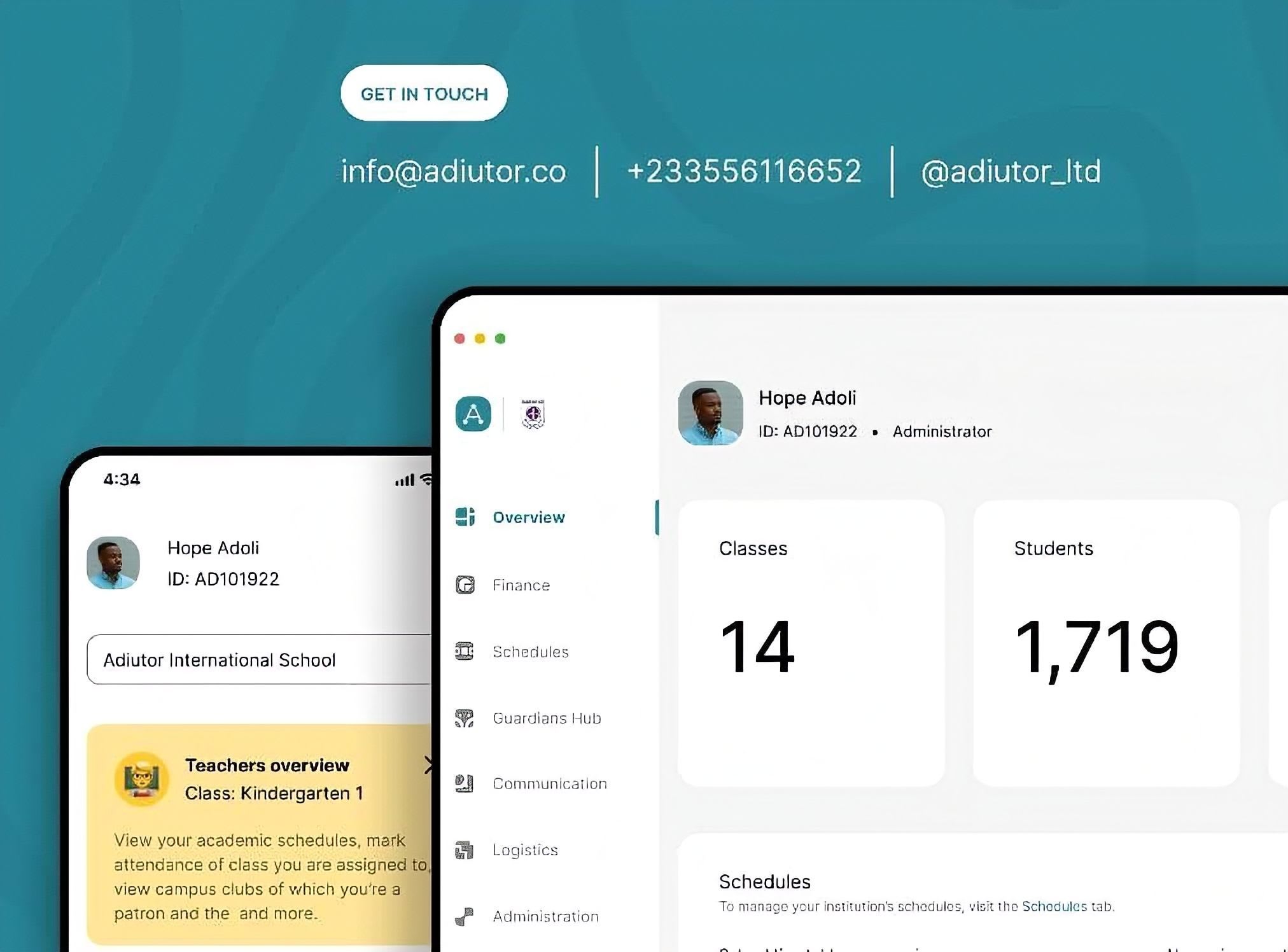Introduction to Mastery grading.
Mastery grading is an approach to education that emphasizes student understanding and competency-based progress. In a mastery grading system, students advance to the next level when they demonstrate proficiency in the current level's material

Mastery grading is an approach to education that emphasizes student understanding and competency-based progress. In a mastery grading system, students advance to the next level when they demonstrate proficiency in the current level's material. This could be accomplished in many ways, one of which is to provide quizzes or assignments throughout a term with each question focusing on a different learning objective. A capstone project that challenges students to make observations, gather and organize data, and then combine those observations and data into a comprehensive interpretation by using what they have learned throughout the semester could be a more thorough mastery evaluation.
💡 Lessons learnt: Mastery is achieved through constant practice and deliberate focus.
How Mastery Grading Can Help Students Grow and Succeed
Along with exam and assignment results, habits like attendance, tardiness, class involvement, and on-time work submission are frequently taken into account when determining final marks. While being present in class and attending regularly are essential for academic performance, averaging habits and learning makes it difficult to track students' academic growth and achievement and to identify their strengths and weaknesses. Has the student missed the deadline for turning in her assignment, or has she simply been unable to grasp these crucially important concepts? Is it a behavioural issue or a learning one?
By reporting work habits, behaviours, and character qualities apart from academic accomplishment, mastery-based grading systems make it much simpler for educators and parents to make diagnoses.
Mastery grading helps students focus on learning rather than on grades. This system allows students to show what they know and understand, without the pressure of receiving a low grade. They are less worried about receiving a bad grade but instead are motivated to learn and show their understanding. Mastery grading can provide more accurate feedback to guide student learning. Teachers can give specific feedback that will help the student improve their understanding. A mastery grading system motivates students to persevere through challenging content and concepts. With the focus on learning and not on grades, students are more likely to push themselves to achieve mastery. Educators provide clear goals for students to strive for. Individualized instruction is more possible under a mastery grading system, leading to improved student outcomes.
Case Study - Mastery grading
The evaluation method of MC2STEM High School is structured around 10-week transdisciplinary capstones, just like the educational delivery system.
Teachers worked together to construct capstone grade cards and rubrics during the development of the capstone course. Based on the state standards for each capstone, the precise information and tasks that students must master in each content area are divided into separate categories on the rubrics and grading cards that measure student mastery of the course material.
For each benchmark or assignment in the capstone, students are given an "M" or an "I." When students receive an "M," they have mastered the standard. An "I" denotes that additional instructional support is required because the learner has not yet mastered the standard.
When all milestones have been mastered, MC2STEM High School grants credit. To achieve an "M," students must demonstrate competency for each standard at 90% or higher. Students are not compelled to repeat a course if they don't fulfil the requirements for mastery during a particular capstone. Instead, professors collaborate with students to incorporate such standards into later capstone projects.

Mastery-based grading motivates students to learn more and retain information better. With proper implementation, it can be another tool to help educators easily assess student progress and identify areas of improvement.

Adiutor
Adiutor means "helper" - we do just that, by taking a load of your school administration and helping you focus on what matters most: the kids.
